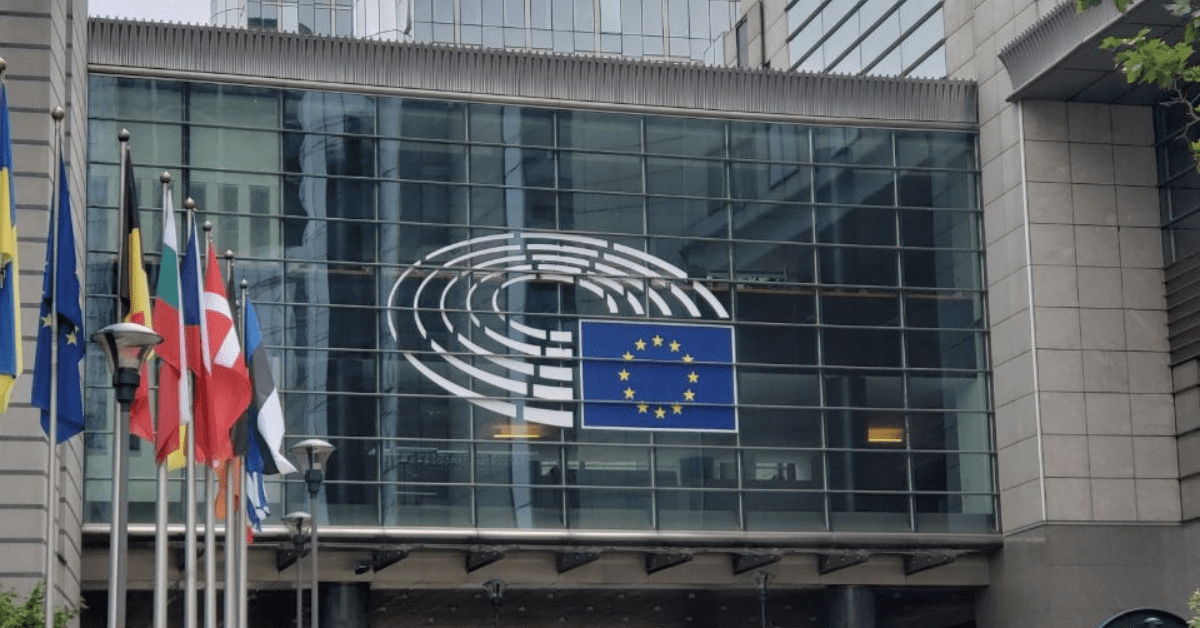
Dispatch from Europe: A Cloudy Outlook
By Tom Koch, FCA Corp’s Director, Global Capital and Strategy
There is a lot going on in Europe these days, and it takes traveling there and engaging in one-on-one conversation to truly grasp the scope of these issues. For financial professionals, understanding “on-the-ground” sentiment becomes very important to manage risk, understand potential opportunities, and validate broader market activity.
I had the opportunity to travel to Europe in June and July as a Marshall Memorial Fellow with the German Marshall Fund of the US and engage in a wide range of discussions with political, civic, and business leaders. Unfortunately, the overall sentiment among everyone I spoke to was rather pessimistic, and for good reason. Driving that sentiment are three observations.
First, Russia’s invasion of Ukraine has brought geopolitical risk back into everyone’s investment framework. For a long time, many in Europe and the US adopted the thesis that if the rules-based liberal world order opened up to Russia and tried to “bring it into the fold”, Russia would moderate, adopt more open and western institutions and attitudes, and the threat of conflict would be reduced if not extinguished. This thinking is now all but cast away as Europe faces the largest ground war since World War Two. The western response to the invasion, particularly the use of sweeping and unprecedented financial and economic sanctions, have been a stark reminder to investors to never forget geopolitical risk.
Second, European economies are facing very tough headwinds. Russia is threatening to throttle down its natural gas exports to Europe, which has had the immediate effect of increasing energy prices. In addition, disruptions to Ukrainian exports of grains and cereals, primarily to the developing world but also to Europe, are driving up food prices. Both of these supply-side shocks, in addition to continuing COVID-related supply chain challenges in China and elsewhere, have resulted in major inflationary pressure in Europe. Central banks have begun to raise rates, although some would argue too slowly, which seems likely to cause at least a mild recession in Europe.
Third, European politics will remain volatile in the short term. The combination of the Russian invasion of Ukraine and the spillover economic effects will make European politics very tricky to navigate over the next six to twelve months. Putin is waging a war of conviction, and his goal is to weaken European support for Ukraine, and European cohesion, by choking off fuel and food, thus creating economic chaos that ultimately drives changes in domestic European political attitudes toward the invasion. The effectiveness of this strategy will be tested this winter.
But even before that, the UK and Italian prime ministers have resigned, France’s ruling party lost its majority in parliament, and Germany is struggling to have a coherent view on Russia. Politicians on both the right and the left seem to be in a spending mood still, even in the face of inflation. Workers are likely to demand wage increases and will vote for those who promise it. More cracks are appearing in Europe, but the big test will be this winter when voters will be asked to sacrifice warmth for resolve.
What does this mean for investors looking at European assets? Is it too late to turn defensive on Europe? Investors should consider a neutral or underweight allocation to Europe. The level of uncertainty continues to be exceptionally high and analysts’ forecasts for earnings may still be too optimistic. Risk assets haven’t yet reached capitulation, in our view. Until inflation is tamed, allowing central banks to halt rate hikes, markets are likely to have more downside. Thus, investors should remain cautiously positioned.
Face-to-face “on-the-ground” conversations reveal a lot about attitudes, opinions, and perspectives. Even though some say “there is always a crisis in Europe”, investors would be wise to understand the current pessimism and what drives it, because this crisis may turn out to be different.
The thoughts and opinions expressed in the article are solely those of the author as of 08/03/2022. The discussion of individual companies should not be considered a recommendation of such companies by the Fund’s investment adviser. The discussion is designed to provide a reader with an understanding of how the Fund’s investment adviser manages the Fund’s portfolio.